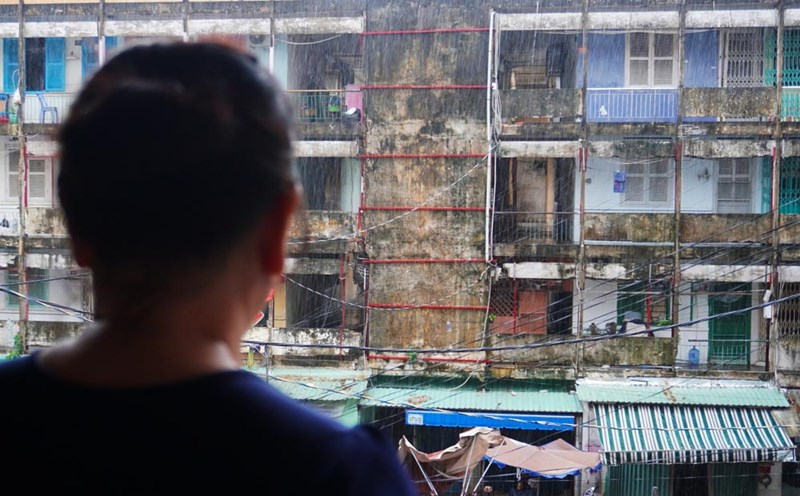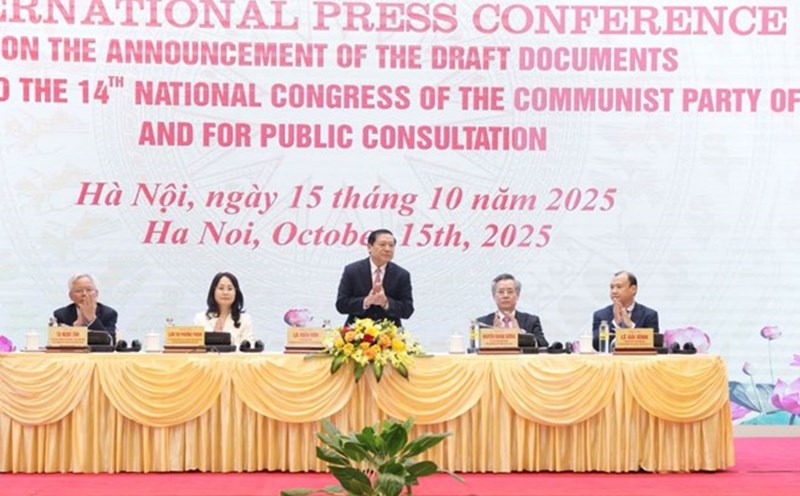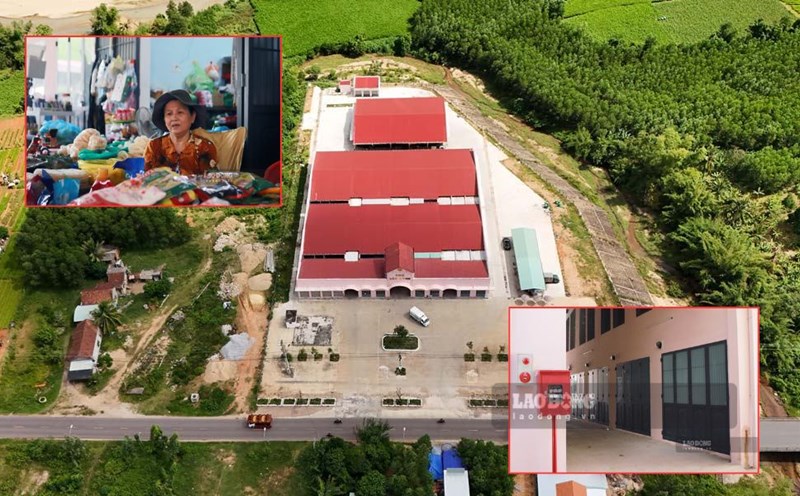At a workshop on the current situation and solutions in urban renovation and embellishment organized by the Vietnam Union of Science and Technology Associations in coordination with the Vietnam General Confederation of Construction recently, Associate Professor, Dr. Luu Duc Hai - Director of the Institute for Urban Research and Infrastructure Development (Vietnam General Confederation of Construction) - said that according to statistics from the Ministry of Construction, there are currently about 2,500 old apartment buildings nationwide built before 1994, mainly concentrated in Hanoi and Ho Chi Minh City. Many works have seriously degraded, posing a potential risk to residents' safety.
According to Mr. Hai, the biggest difficulty at present in renovating old apartment buildings is the conflict of interests between people - businesses - authorities. People want to be resettled on site with suitable housing construction prices; businesses focus on economic efficiency; while the government must ensure infrastructure and overall planning.
In addition, the lack of a sustainable financial mechanism, mainly based on investor capital, while the State budget is still limited, has caused the renovation process to stagnate.
Associate Professor, Dr. Luu Duc Hai said that to speed up the renovation of degraded apartment buildings, it is necessary to complete the Law/orders on urban renovation and amend and supplement relevant laws such as the Housing Law, Land Law, Urban and Rural Planning Law, Construction Law... to ensure consistency with Decree 69/2021/ND-CP.
Speaking to Lao Dong Newspaper reporter, Associate Professor, Dr. Ta Quynh Hoa - Head of the Faculty of International Training, Director of ICCEC Center, Senior Lecturer of the Faculty of Architecture and Planning (Hanoi University of Construction) - said that in order to remove difficulties and attract investors to participate, it is necessary to expand regulations on planning targets, especially the height of the project, allowing an increase in the number of apartments to reduce construction costs, thereby making the selling price more suitable.
In addition, there should be the participation of universities and research institutes in consulting, designing and planning the renovation of old apartments, to ensure that social infrastructure and technical infrastructure are more complete, helping people have a better quality of life and access reasonable housing prices.











